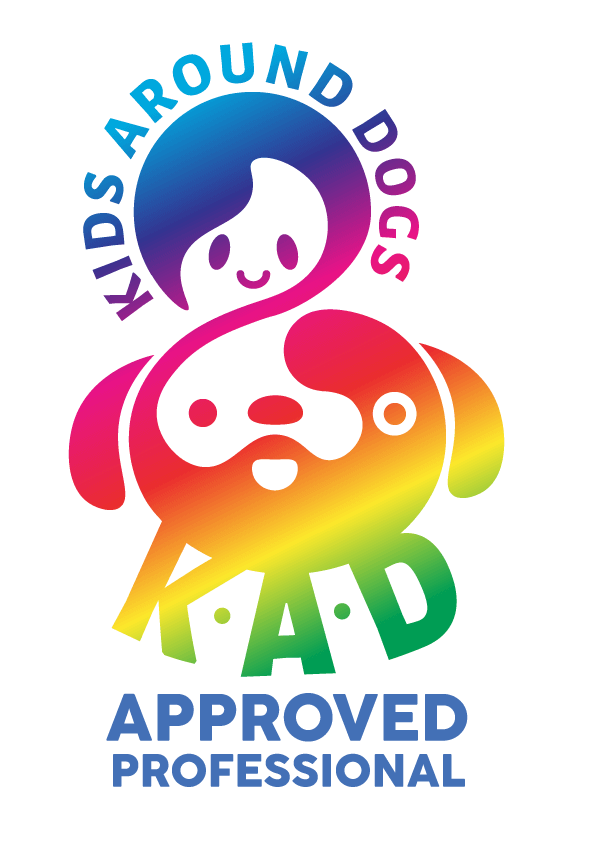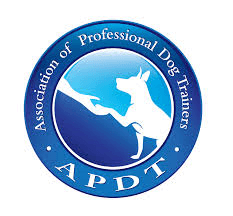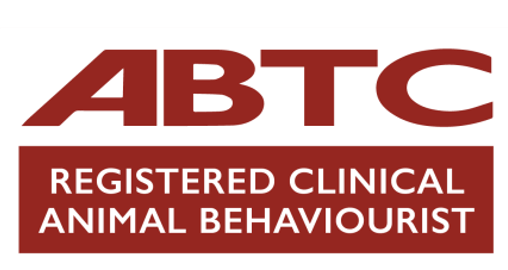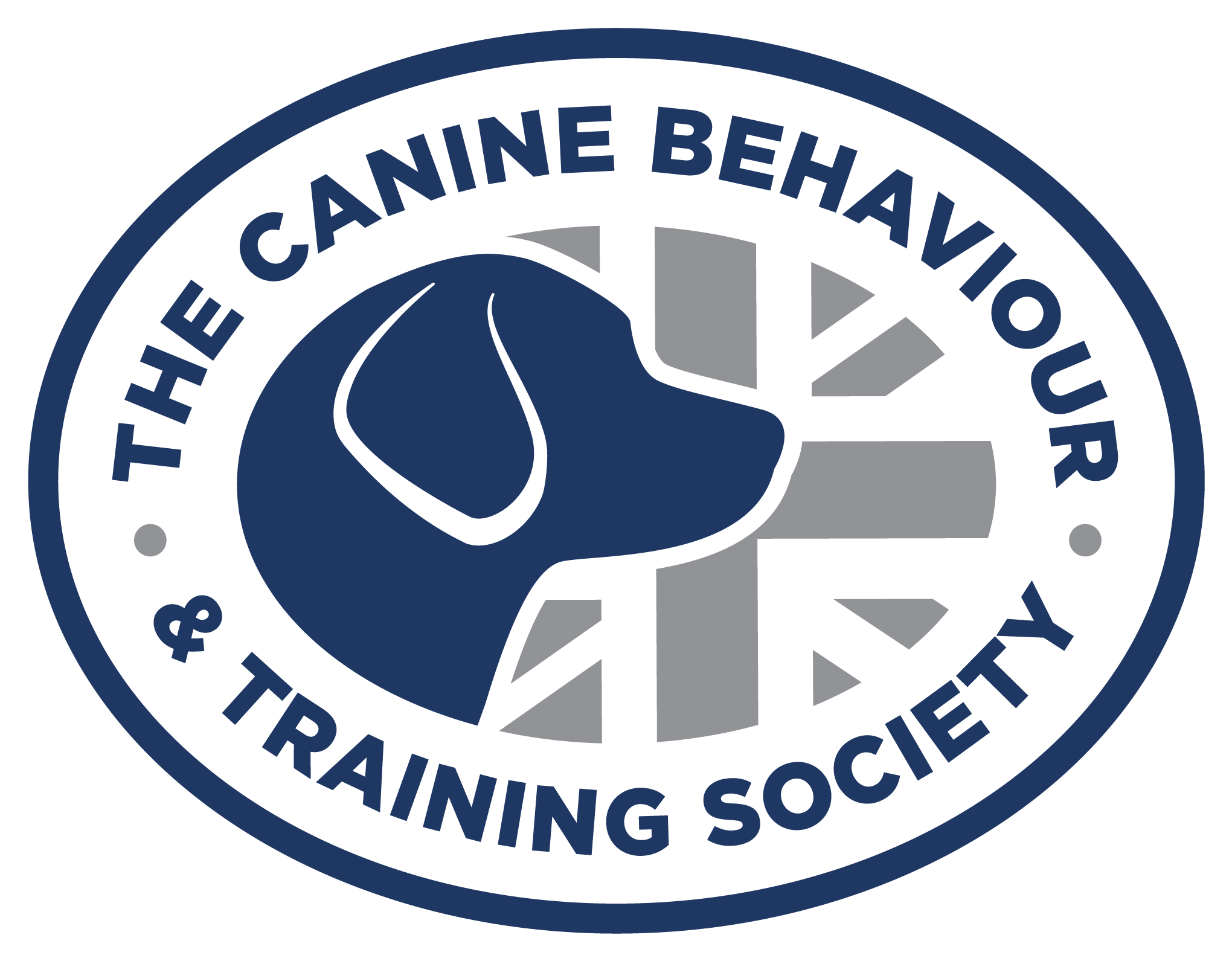Today the media have been focusing on the issue of ‘how best to train your dog’ with traditionalists such as Cesar Milan advocating the use of hard line training methods to show your dog who’s boss compared to modernists such as Victoria Stillwell and Dr Ian Dunbar who focus on positive reward to teach a dog what is and isn’t wanted through calmness and consistency.
Last year I led a research study with 100 people (50 dog owners and 50 non dog owners) to see if there was a difference in the way owners and non dog owners interpreted dog behaviour and actions. One question included the “You have to be in charge of your dog, or he’ll dominate you.” I asked respondents whether they considered this to be True or False. Interestingly, 79 per cent of those polled answered ‘Yes’. However, this isn’t the case.
The idea that all dogs are dominant and want to dominate us is simply untrue. Studies show that often, when owners use dominant or aggressive behaviours towards their dogs to “show them whose boss” or to teach them that growling, mouthing, snapping is unacceptable; the owners are likely to cause escalation the dog’s behaviour. Thankfully, more and more research is coming out proving that these forceful methods, in most cases, do not work. A recent study led by Dr Rachel Casey from the University of Bristol, involved the study of dogs freely interacting at a Dogs Trust rehoming centre over a period of six months, and re-analysing data from studies of feral dogs. Their research concluded that individual relationships between dogs are learnt through experience rather than motivated by a desire to assert “dominance”. The study proved dogs aren’t motivated by maintaining their place in the pecking order of their pack. As many of my behaviour clients know, what our dogs want is calmness, consistency and reassurance.
The idea of dominance has really become a popular over recent years, spurred on by the rise in dog behaviour ‘experts’ TV using and recommending confrontational methods. Some of you may know that I wasn’t always a Dog Listener. I spent nearly ten years working in television as a Producer while studying animal behaviour to qualify as a canine specialist. So, I know how to make television programmes – what ‘looks’ good, how pull at the heartstrings of viewers and create dramatic scenes. However, what may appear impressive on TV such as, pinning down a dog to show him ‘your in charge’ as favoured by Dog Whisperer Cesar Milan or rattling chains or shouting at the dog, as favoured by the trainers from Dog Borstal, often make unwanted behaviours worse.
Often when I’m called in to assist a client who’s dog is exhibiting unwanted behaviours, the client may have attempted to replicate what they have seen on TV in order to ‘teach’ the dog he’s done wrong. While other owners have attended dog training classes, where owners are encouraged to shout at their dog or jerk them on the lead. However, confrontational techniques like pinning the dog down, grabbing his jowls, blasting hooters or air sprays into his face, yelling at the dog, jerking him around or using choke collars as means of control, will make a dog anxious and stressed – often about their owner, and potentially lead to an escalation of aggression. Dr Casey says, “The blanket assumption that every dog is motivated by some innate desire to control people and other dogs is frankly ridiculous. It hugely underestimates the complex communicative and learning abilities of dogs. It also leads to the use of coercive training techniques, which compromise welfare, and actually cause problem behaviours.”
So, how do you get a calm and responsive dog if not by dominating him? Easy! By understanding how dogs think, what motivates them, how they learn and communicate, owners can then begin to successfully train their dog and reduce down and even stop unwanted behaviours. I use reward based training – praise, touch and food reward to get repetition of the good behaviour and teach ways of dealing with the unwanted stuff in a calm and consistent way. Many owners ask me, “What’s the secret to successful dog training?” My response, it’s understanding your dog, being consistent, managing your environment, and having a bucket load of patience.
If you’d like to know more about Hanne’s research, or find out more about dog behaviour and how to deal with problem behaviours, contact Hanne at [email protected]
Photo: Cesar Millan by Melissa
Learn more about our classes
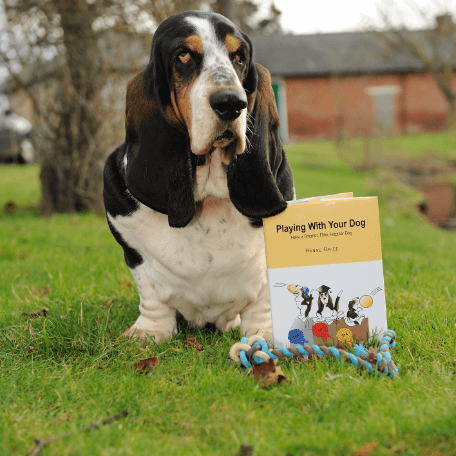
Get Hanne's Book
Playing With Your Dog will help any dog owner work out the games that are best suited for their pet to play throughout his life, from puppyhood to old age. The book also shares some tricks for all ages, group activities, and recommended toys that dogs will enjoy.















